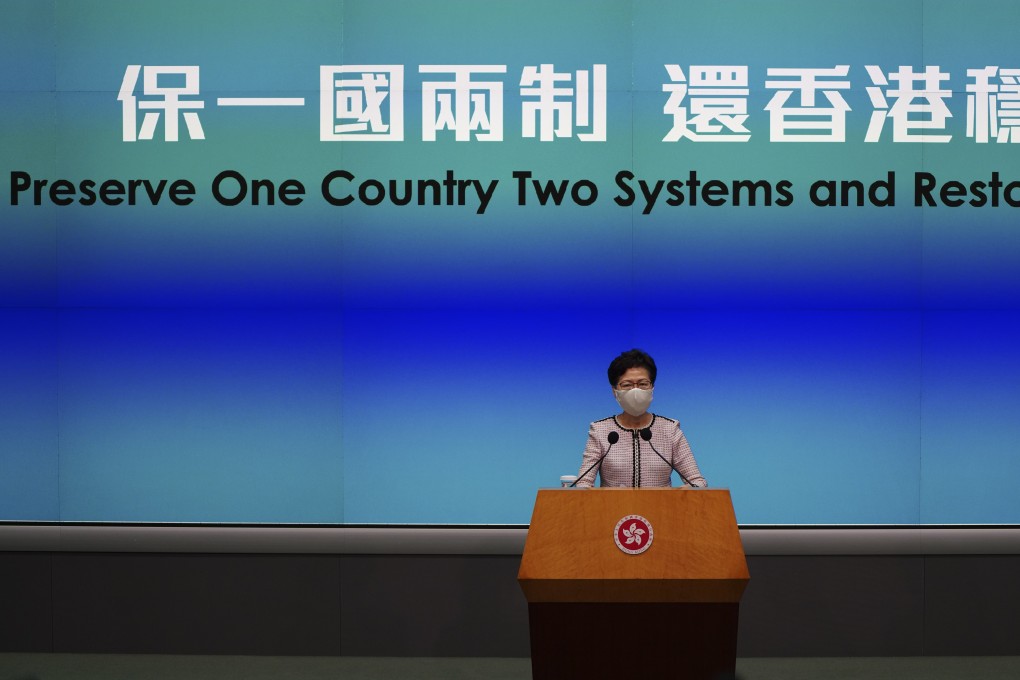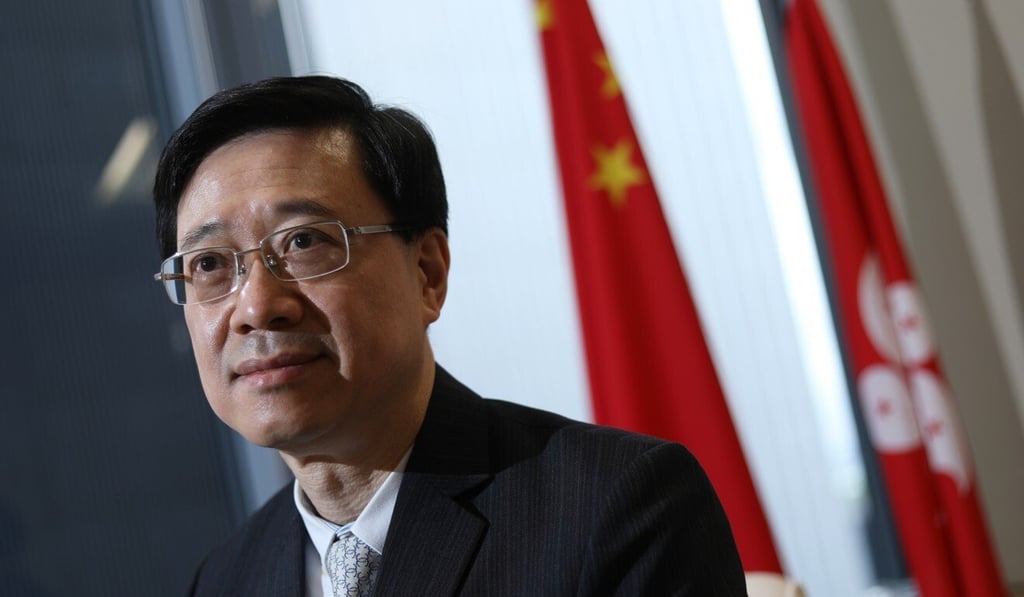Advertisement
Judges with ‘dual allegiance’ because of foreign nationality should not handle national security cases, Beijing says
- Senior official Zhang Yong notes no country allows foreigners to preside over cases endangering domestic security
- Remarks appear to contradict Hong Kong leader, who earlier called excluding foreign justices unrealistic
Reading Time:4 minutes
Why you can trust SCMP

Hong Kong’s leader must avoid picking judges who could be compromised by “dual allegiance” because of their foreign nationality, when selecting candidates to oversee cases under the new national security law Beijing is preparing for the city, an official from China’s top legislative body has said.
Zhang Yong, vice-chairman of the Legislative Affairs Commission of the National People’s Congress Standing Committee, brushed off concerns this would undermine judicial independence, insisting it had nothing to do with jurisdiction and the central government, according to worldwide practice, should always have the final say on matters of national security.
The law, the full draft of which is likely to be unveiled only after its expected passage by June 30, would be effective immediately, according to Secretary for Security John Lee Ka-chiu.
Advertisement

“On the day the law is passed, it becomes a Hong Kong law as it is already put in Annex III of the Basic Law, becoming a national law applying to Hong Kong,” Lee said on Wednesday. “The law is effective on the day it is announced.”
Advertisement
Zhang’s remarks on foreign judges, in a speech to representatives from a broad swathe of Hong Kong society on Tuesday – made public a day later – appeared to directly contradict Chief Executive Carrie Lam Cheng Yuet-ngor’s rejection of calls from the pro-Beijing camp to bar non-Chinese judges from handling national security cases.
Lam had said barring judges with foreign nationality would not be realistic, and she would instead draw up a list of them to handle relevant cases after consulting the city’s chief justice, rather than hand-pick a specific judge for every case.
Advertisement
Select Voice
Select Speed
1.00x